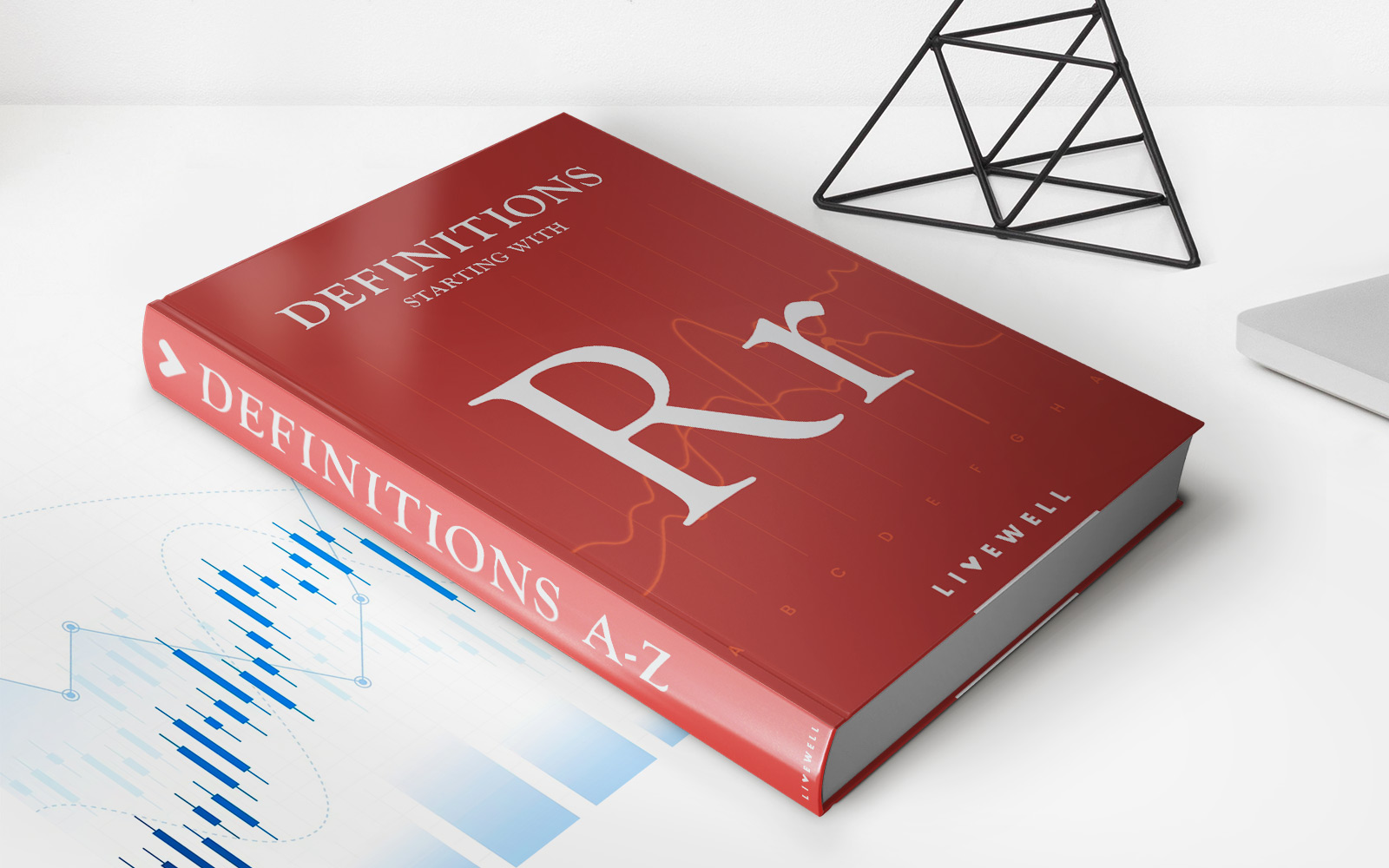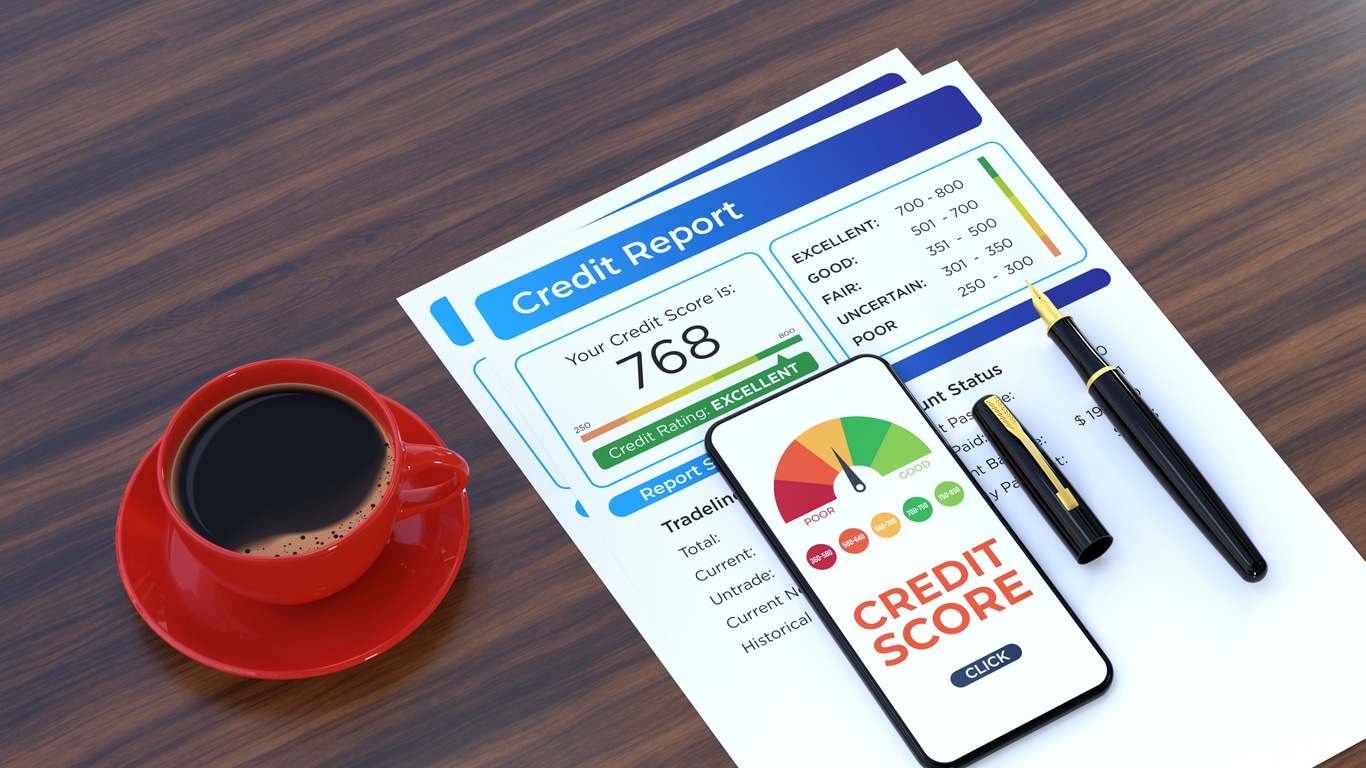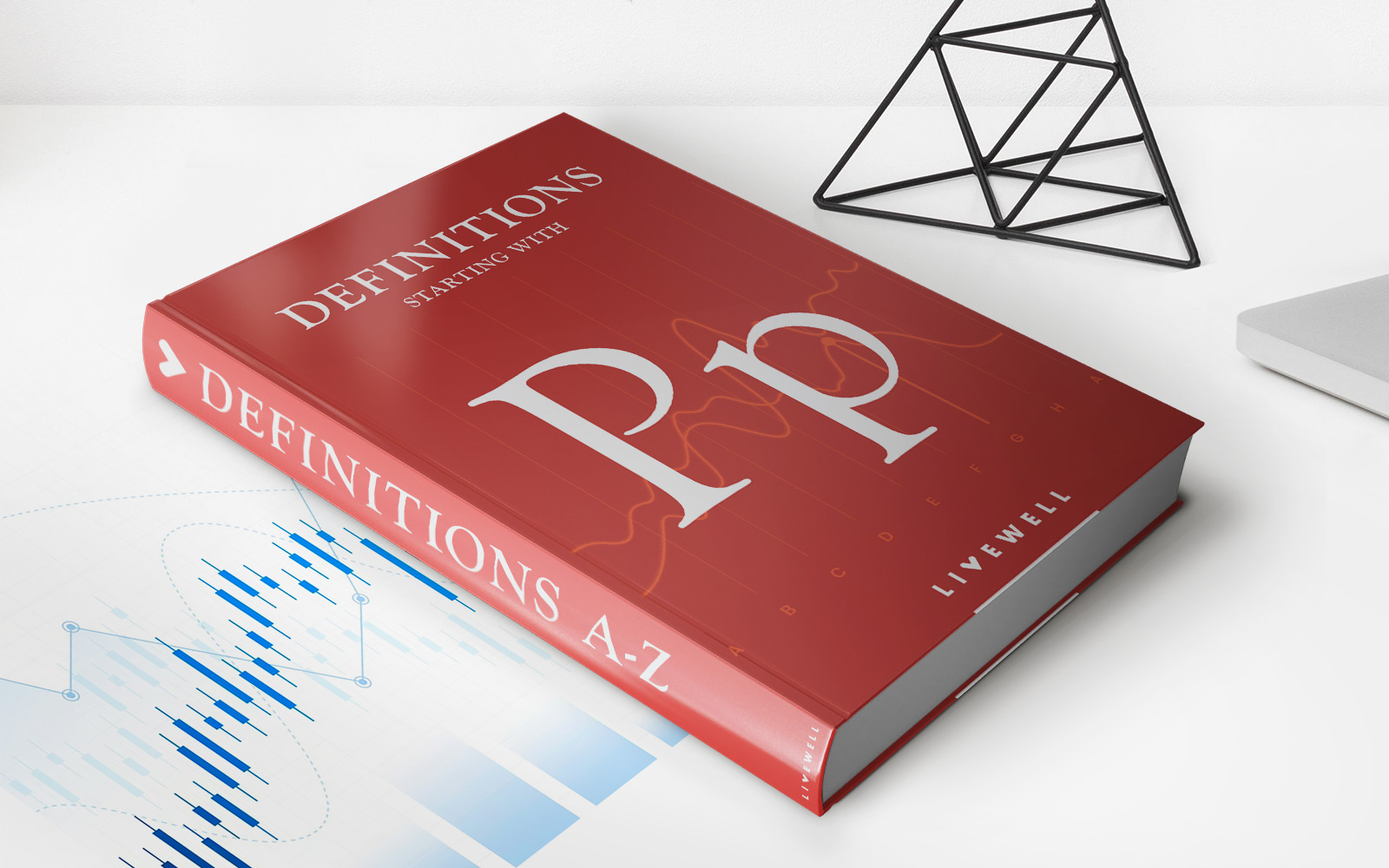Home>Finance>Risk Profile: Definition, Importance For Individuals & Companies


Finance
Risk Profile: Definition, Importance For Individuals & Companies
Published: January 21, 2024
Learn the importance of risk profiles in finance for individuals and companies. Discover the definition and how it impacts financial decision-making.
(Many of the links in this article redirect to a specific reviewed product. Your purchase of these products through affiliate links helps to generate commission for LiveWell, at no extra cost. Learn more)
The Importance of Risk Profile: Definition, Importance for Individuals & Companies
Welcome to our FINANCE category, where we explore key topics related to managing finances and optimizing financial decisions. In this blog post, we will focus on the concept of Risk Profile and its significance for both individuals and companies. So, what exactly is a risk profile, and why is it important for financial planning? Let’s delve deeper and find out.
Key Takeaways:
- A risk profile is an assessment of an individual or company’s tolerance towards risk and their ability to handle potential losses.
- Identifying and understanding your risk profile helps make informed financial decisions that align with your comfort level and objectives.
What is a Risk Profile?
A risk profile, also known as a risk tolerance assessment, is an evaluation of an individual or company’s willingness and ability to take on risk in their financial endeavors. It involves examining various factors such as financial goals, time horizons, investment preferences, and past experiences with risk.
For individuals, a risk profile determines the level of risk they are willing to accept when making investment decisions. It considers factors like age, income, assets, liabilities, and personal preferences. Companies, on the other hand, assess their risk profile based on factors such as industry, market conditions, financial stability, and growth aspirations.
Understanding your risk profile is crucial because it acts as a guiding compass for financial decision-making. It helps individuals and companies optimize their investment strategies by aligning them with their risk tolerance, objectives, and desired outcomes.
Importance of Risk Profiles
Now that we have a clear understanding of what a risk profile is, let’s explore why it holds great importance for individuals and companies alike:
- 1. Informed Decision-Making: By assessing and understanding your risk profile, you gain valuable insights into your tolerance for risk. This knowledge enables you to make informed financial decisions that are in line with your comfort level and long-term goals.
- 2. Customized Investment Strategies: Once you have established your risk profile, you can tailor your investment strategies accordingly. For individuals, this may involve diversifying their portfolio with a mix of low-risk and high-risk assets. For companies, it may mean implementing a risk management plan that mitigates potential threats and maximizes opportunities.
By taking an individual or company’s risk profile into account, financial advisors can provide personalized recommendations that align with their clients’ risk tolerance and financial objectives. These recommendations can help individuals grow their wealth steadily and companies navigate uncertain market conditions while minimizing potential losses.
Conclusion
Assessing and understanding your risk profile is an essential step in managing your finances effectively. By identifying your risk tolerance and aligning your financial decisions with your long-term goals, you can optimize your investments and minimize the chances of unexpected setbacks. Whether you are an individual or a company, taking the time to assess your risk profile can pave the way for financial success and stability.
Thank you for reading our blog post on risk profiles. We hope you found it informative and valuable for your financial planning journey.














